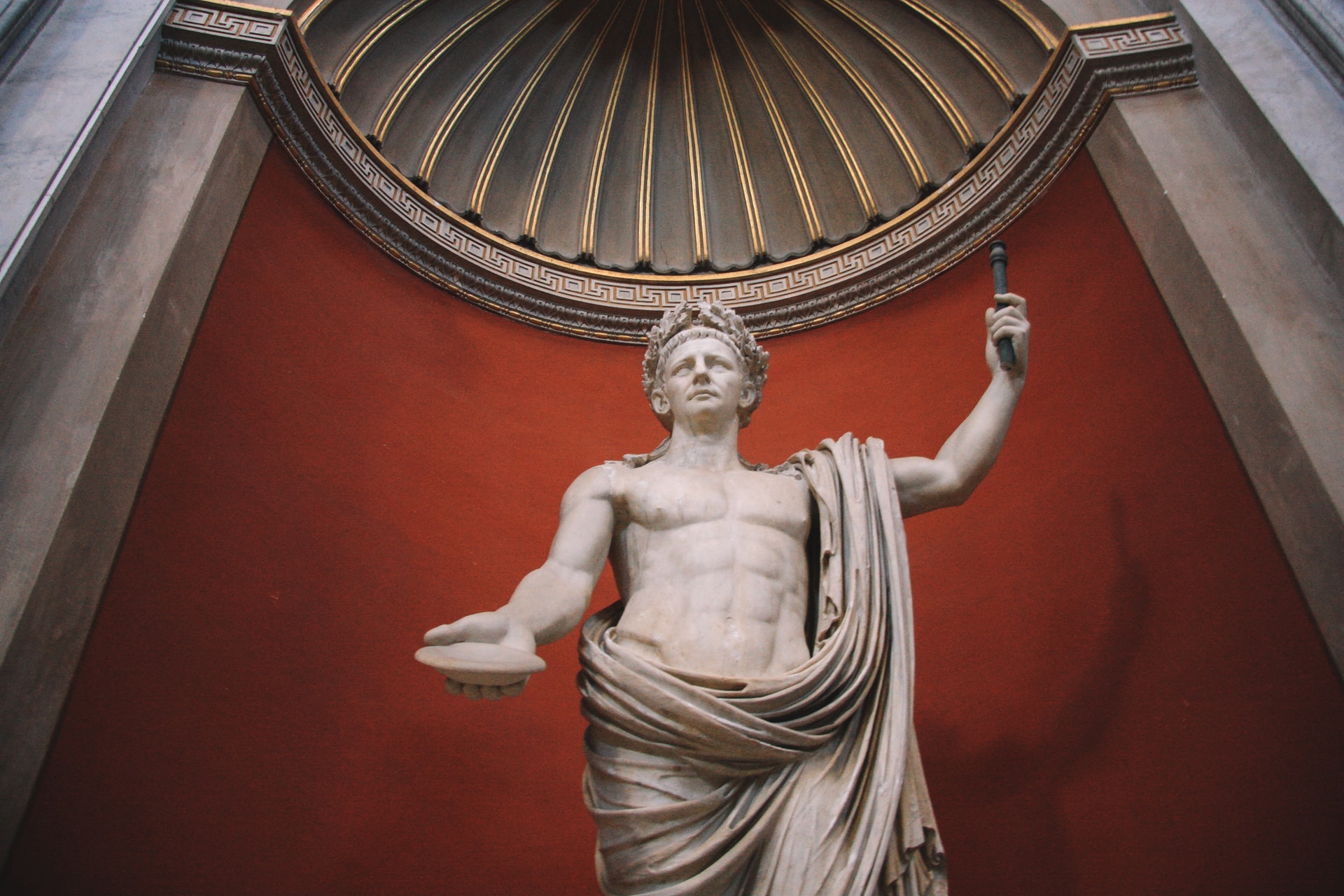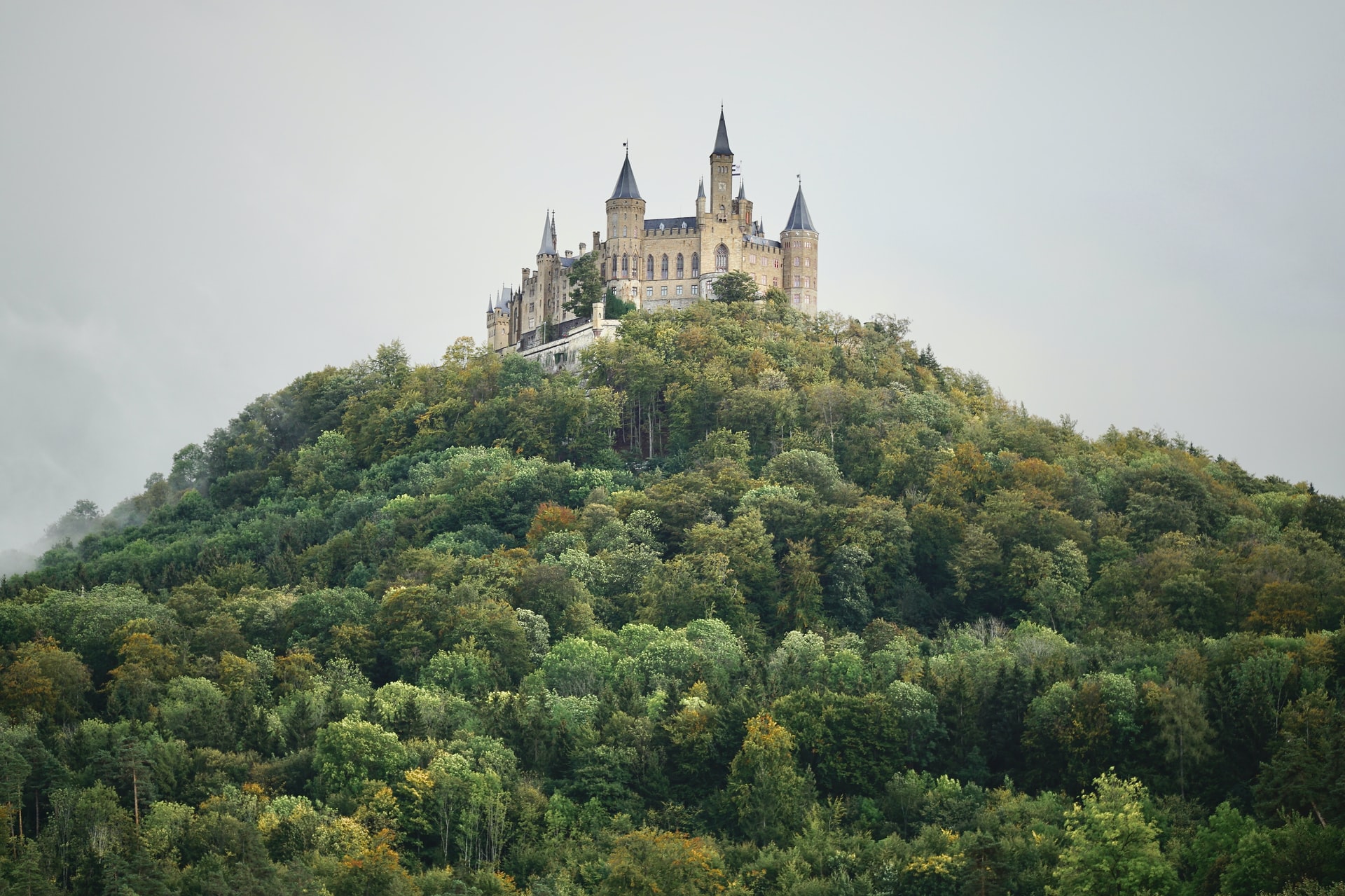The Roman Empire is an ancient civilization that has been studied and analyzed for centuries. It is a world-renowned empire with a long history and an intricate culture.
The Roman Empire is one of the oldest civilizations in the world, but it’s hard to understand its complexity because it was so large and diverse. It had many different regions with different cultures, languages, religions, and more.
This article discusses some of the reasons why it’s harder to understand this empire than you think. One reason is that we don’t have enough evidence about how people lived during the time period because most of what we know about them comes from historical texts written decades after the fall of the empire. Another reason is that there are many competing theories about what happened during these years which make it difficult to figure
What is the Roman Empire?
The Roman Empire was an ancient civilization that spanned across the Mediterranean region and Europe, from the Mediterranean Sea in the south to the Baltic Sea in the north. It was a highly developed society, with advances in science, medicine, engineering, architecture, and government.
The Roman empire is one of history’s most powerful empires. It had a huge impact on Western civilization and is considered by many to be one of the greatest empires ever. The Roman Empire began as a monarchy but later transformed into an autocratic republic.
History of Rome – Documentary
The Rise of Christianity and How it Changed the Course of World History
Christianity is the world’s largest religion with over 2.2 billion followers. It has had a significant impact on world history and culture, from the spread of Christianity to the invention of printing.
The religion was born in the Middle East in what is now modern day Israel about 2000 years ago. It took off quickly, spreading across Europe, Asia and Africa by the end of the first century AD. It was a major new faith that challenged many traditional beliefs and practices, especially those of Judaism and Islam.
Christianity became a dominant force in Western society when its teachings were adopted by Roman Emperor Constantine I who made it an official state religion in 380 AD.
What was one of the most significant events in history?
One of the most significant events in history is the Roman Empire. It is a civilization that lasted for more than 2000 years and had a huge impact on world history.
The Roman Empire was founded by Romulus and Remus, twin brothers who were believed to be descended from Aeneas, the legendary Trojan prince who escaped from Troy with his family after it fell to the Greeks during the Bronze Age collapse. After reaching Italy, they founded Rome in 753 BC. This event led to many other civilizations being formed around it such as Greece and Carthage.
The Fall of the Roman Empire and How it Affected Europe and Western Civilization Today
The fall of the Roman Empire was a turning point in Western Civilization. It was a period of great turmoil and political instability that has had lasting effects on Europe and the world today.
The Roman Empire is often referred to as the “first global civilization” due to its influence on other cultures throughout the world. With its vast territory, it managed to maintain peace for centuries, but it ultimately fell due to internal conflict and external threats.
The fall of the Roman Empire had a significant impact on Europe and Western civilization today. It caused social unrest, economic uncertainty, cultural change, religious tensions, and political instability. The fall also led to many western countries adopting different forms of governance that are still used today such as democracy and constitutional monarchy.
You may also read:
- Things You Need to Know about the Iron Age
- What We Learn from Medieval History and How It’s Still Relevant Today



